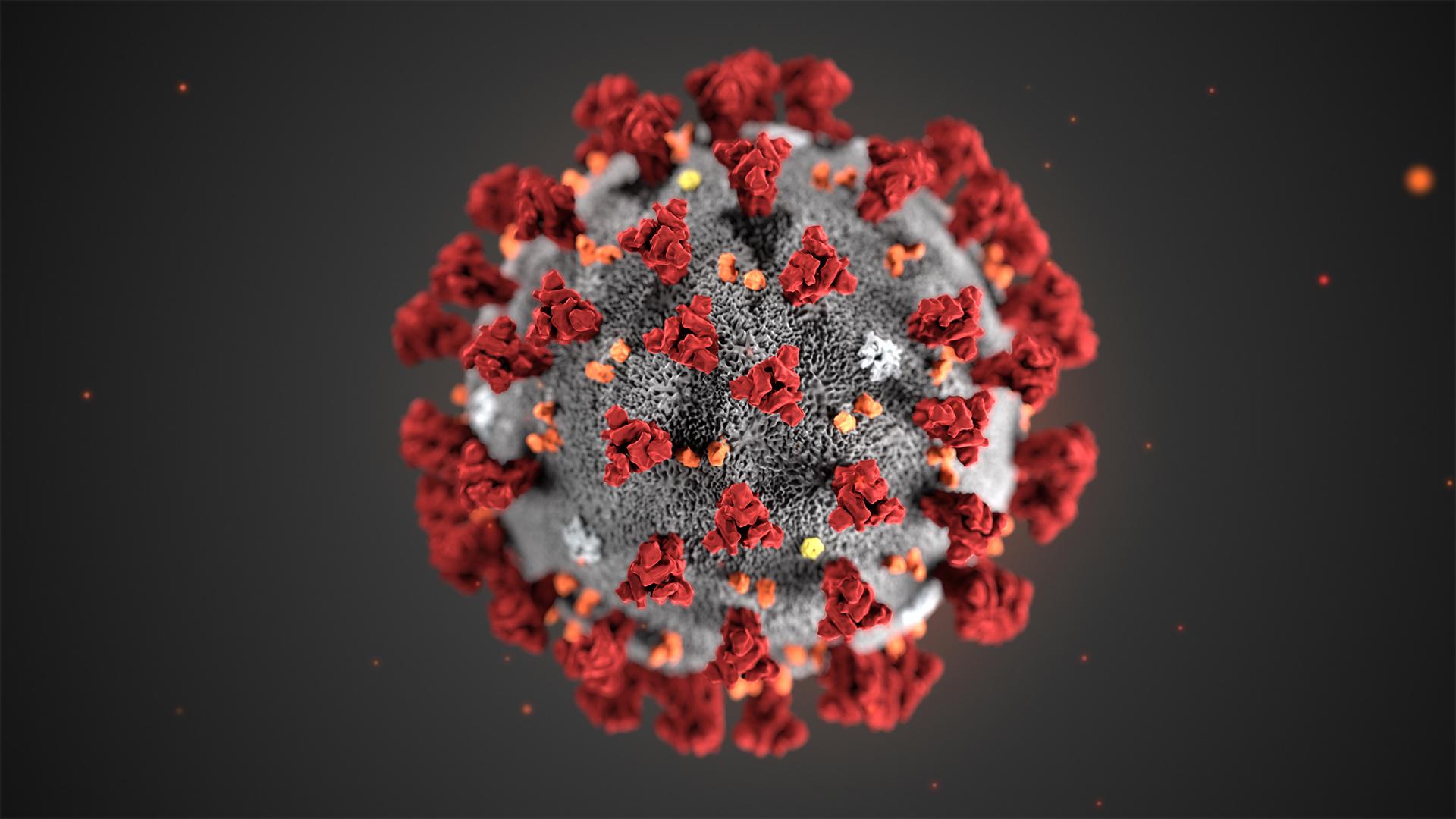 As the severe economic challenges caused by the coronavirus or Covid-19 show a less favorable development, scientists still argue on how to count patients, and how to assess the medical situation. Revealing was an article in Nature discussing the difference between positive-tested patients and confirmed ones, and how to count them in must-quoted public statistics.
As the severe economic challenges caused by the coronavirus or Covid-19 show a less favorable development, scientists still argue on how to count patients, and how to assess the medical situation. Revealing was an article in Nature discussing the difference between positive-tested patients and confirmed ones, and how to count them in must-quoted public statistics.Those debates have a profound impact on the assessment of the disease, the fear for mortality, government action and in the end how long the economic standstill might last.
Positive-tested patients mostly used a nasal test and got - if the result shows corona-related results - a 14-day quarantine to see if they would really develop symptoms, while they might not be sick or contagious at all. Confirmed patients have the disease, are put into isolation. The debate is which groups should be counted in the official statistics. The first group does include a large group of patients who will never develop the disease, so you get a pretty high number of patients in your statistics, and a rather low mortality. The second group has a much higher mortality, but you might also miss cases of patients who do not yet have confirmed symptoms, but can develop the disease later.
Either approach has pros and cons, but the problem is that both methods have been used next to each other and cause severe differences in the number of patients and the mortality for the virus. Western media have sometime been accusing China of hiding the real impact of the virus, but there seem also profound scientific assessments underlying different ways of counting patients.
That is a key scientific debate, but also has a profound impacts on the fallout of the Covid-19 disease. For China and its international trade relations damage has already been done, but a rising number of cases elsewhere - like South Korea, Singapore and Japan - signal a possible spread of the virus, depending on the way governments react on the latest scientific debates.
At this stage, for China, we do not see a fast recovery. Yes, it may become better after the virus has come under control, but before production, logistics, tourism and regular business practices have been restored, we might well be late in the summer of 2020.
In our event-related business we expect that even if in April planning is back on track, it might easily take two to three months to get things running again. And then we do not take darker scenario's into account, while come of our clients obvious do.
Do you want to discuss latest developments on the coronavirus and China, and how the China Speakers Bureau can help you in planning future events? Do get in touch.
Either approach has pros and cons, but the problem is that both methods have been used next to each other and cause severe differences in the number of patients and the mortality for the virus. Western media have sometime been accusing China of hiding the real impact of the virus, but there seem also profound scientific assessments underlying different ways of counting patients.
That is a key scientific debate, but also has a profound impacts on the fallout of the Covid-19 disease. For China and its international trade relations damage has already been done, but a rising number of cases elsewhere - like South Korea, Singapore and Japan - signal a possible spread of the virus, depending on the way governments react on the latest scientific debates.
At this stage, for China, we do not see a fast recovery. Yes, it may become better after the virus has come under control, but before production, logistics, tourism and regular business practices have been restored, we might well be late in the summer of 2020.
In our event-related business we expect that even if in April planning is back on track, it might easily take two to three months to get things running again. And then we do not take darker scenario's into account, while come of our clients obvious do.
Do you want to discuss latest developments on the coronavirus and China, and how the China Speakers Bureau can help you in planning future events? Do get in touch.
No comments:
Post a Comment